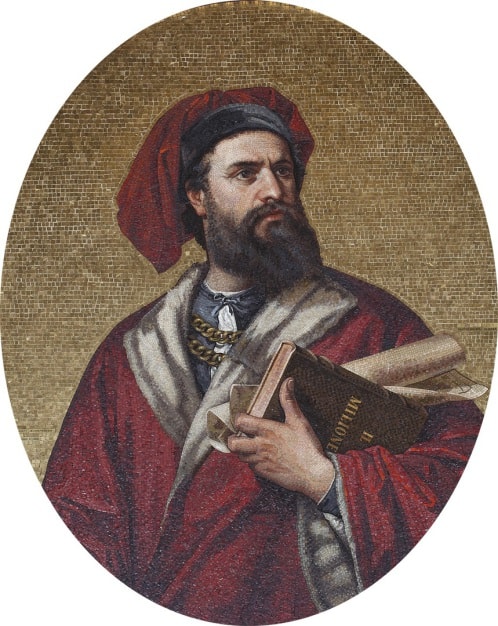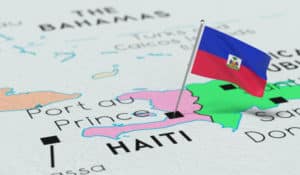Marco Polo was one of the most influential explorers and travelers of his time, and his exploits in
the eastern hemisphere affected commerce, culture, and the arts during the 13th and 14th centuries.
What is less known about him is how exactly his famous account, ‘The Travels of Marco Polo’ came into
being.
Upon returning to his hometown of Venice after living in China for 17 years, he was arrested by members of the Republic of Genoa, as the two countries were at war at the time.
In prison, he related his memoirs orally to fellow inmate Rustichello da Pisa, who translated those stories from Venetian to Franco-Venetian, a specific dialect spoken north of Italy’s Po river.
The accounts in the book themselves are a subject of criticism, as translation errors were commonplace before the invention of the printing press, which has exacerbated the stories and entirely fabricated other ones.
If there is one sure thing, though, is that Marco Polo really did travel across the breadth of the known world at the time, and his experiences marked a turning point in the propagation of cultures and ideas through language.





